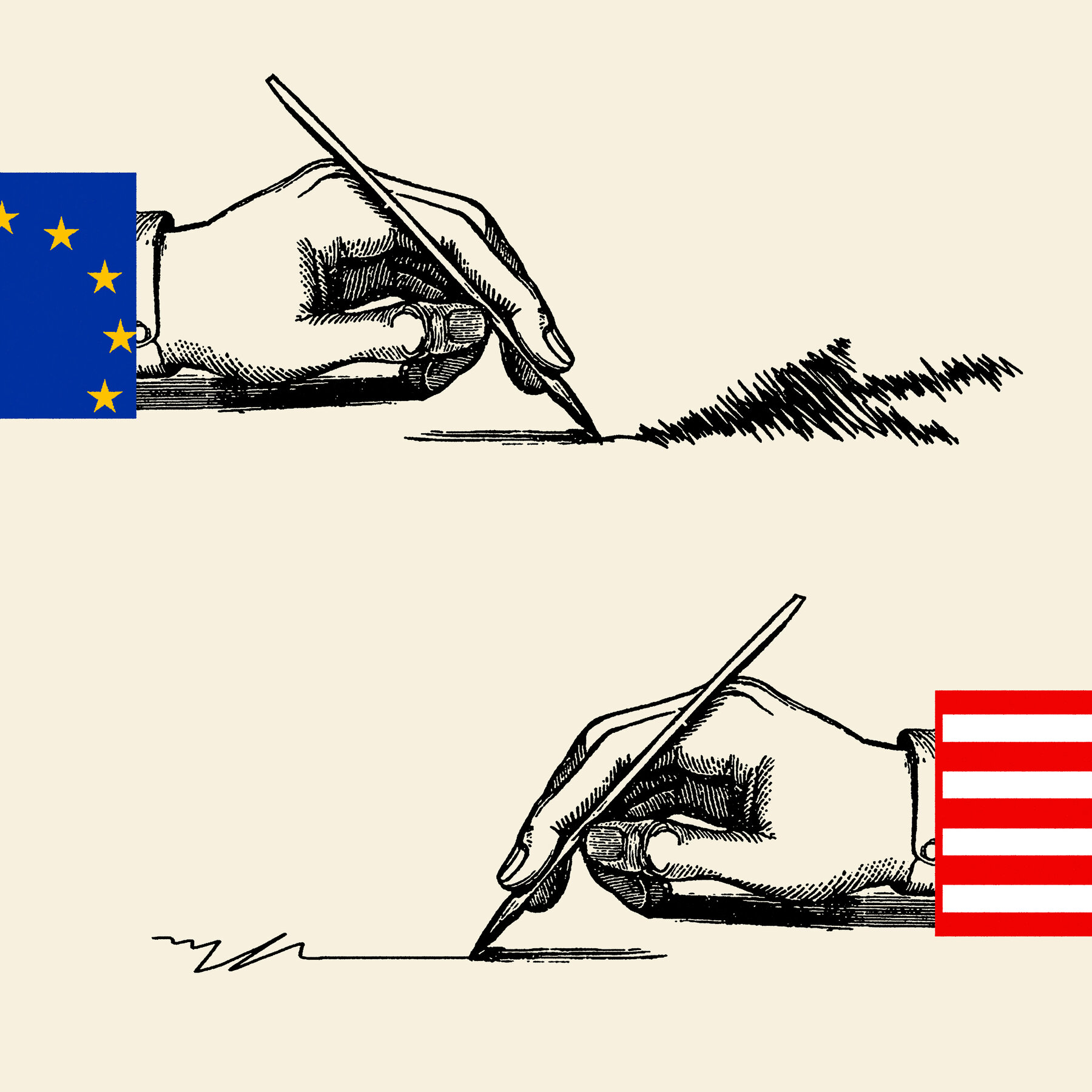
The Latest Tech Regulations in the United States: A Comprehensive Guide
By Adedayo Ebenezer Oyetoke Published on: January 6th 2024 | 5 mins, 819 words Views: 945
The tech industry is booming, and with this rapid growth, comes the need for regulations to ensure the safety, security, and ethical use of technology. In this comprehensive guide, we will explore the latest tech regulations in the United States, discussing their implications and providing examples to illustrate their application.
1. The General Data Protection Regulation (GDPR):
The GDPR is a landmark regulation in the European Union that aims to protect the personal data of individuals. It has had a significant impact on tech companies operating within the EU, and its influence is now felt in the United States as well.
- The GDPR requires businesses to obtain explicit consent from users before collecting, processing, or storing their personal data.
- It also imposes strict penalties for non-compliance, with fines of up to 4% of a company's global revenue or €20 million, whichever is greater.
- The GDPR applies to all organizations that collect, process, or store personal data of EU residents, regardless of their location.
Example: A US-based social media platform collects user data to provide personalized content and advertisements. Under GDPR, the platform must obtain explicit consent from users before collecting and processing their data.
2. The California Consumer Privacy Act (CCPA):
The CCPA is a groundbreaking regulation in the United States that aims to protect the privacy rights of California residents. It has since been expanded to cover all individuals in the United States.
- The CCPA grants California residents the right to know what data is being collected about them, how it is being used, and whether it is being sold to third parties.
- It also grants residents the right to request the deletion of their data and the right to opt-out of the sale of their data.
- Businesses that collect personal information from California residents must comply with the CCPA or face stiff penalties, including fines of up to $7,500 per violation.
Example: A US-based e-commerce company collects user data to provide personalized shopping experiences and targeted advertisements. Under CCPA, the company must provide California users with a clear and easily accessible notice about data collection, along with the option to request deletion of their data and opt-out of data sales.
3. The Children's Online Privacy Protection Act (COPPA):
COPPA is a federal law in the United States that aims to protect the privacy and safety of children online.
- COPPA requires businesses that collect personal information from children under the age of 13 to obtain parental consent before collecting, using, or disclosing the child's personal data.
- It also prohibits the collection of more specific information, such as a child's name, address, phone number, or social security number, without parental consent.
- Businesses that violate COPPA are subject to fines of up to $11,000 per violation.
Example: A US-based online game collects user data to provide personalized gameplay experiences and track user progress. Under COPPA, the game must obtain parental consent before collecting
4. The Health Insurance Portability and Accountability Act (HIPAA):
HIPAA is a federal regulation in the United States that aims to protect the privacy and security of healthcare information.
- HIPAA establishes strict standards for the collection, use, and disclosure of healthcare data, including the requirement for covered entities to implement administrative, physical, and technical safeguards.
- It also imposes civil and criminal penalties for non-compliance, with fines of up to $50,000 per violation.
Example: A US-based healthcare provider collects patient data for treatment, billing, and research purposes. Under HIPAA, the provider must implement robust security measures to protect patient data and comply with the requirements set forth in the act.
5. The Security and Exchange Commission's (SEC) Regulation FD:
Regulation FD is a federal regulation in the United States that aims to protect investors by requiring companies to disclose material information about their businesses.
- Companies that are subject to Regulation FD must disclose material information about their business, including any risks or uncertainties that could significantly affect their financial performance.
- This information must be disclosed in a clear and concise manner, and companies must update their disclosures as needed to reflect changes in their businesses.
- Failure to comply with Regulation FD can result in civil and criminal penalties, including fines and imprisonment.
Example: A US-based technology company is developing a new product that has the potential to revolutionize the industry. Under Regulation FD, the company must disclose any risks associated with the development and production of the product, such as potential delays or cost overruns.
Conclusion:
The United States is home to some of the world's most innovative tech companies, and as the industry continues to grow, so too do the regulations that govern it. From GDPR to CCPPA, HIPAA to Regulation FD, businesses must stay informed about the latest regulations and ensure compliance to protect their reputation, users, and investors. By understanding these regulations and their implications, businesses can navigate the complex landscape of tech regulations and continue to thrive in the global market.